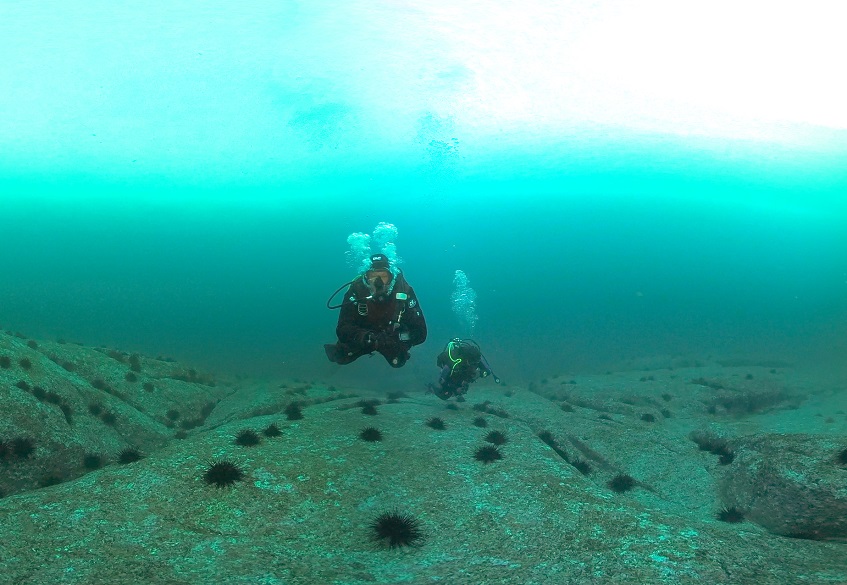
Over the next two weeks Tasmanians can have their most pressing climate change questions answered through a new collaborative science and journalism initiative called Curious Climate Tasmania.
Launched today, the project is led by the University’s Centre for Marine Socioecology (CMS) in collaboration with IMAS, the Tasmanian Institute of Agriculture (TIA), ABC Hobart and CSIRO.
Curious Climate Tasmania will develop engaging, public-powered science communication, bridging the gap between experts and audiences on a controversial topic with credible and relevant information.
Through the two-week Curious Climate callout from May 27 to June 10, Tasmanian residents can go online to ask scientists and researchers everything they would like to know about climate change.
 All questions are welcome, big or small. The project has been designed by IMAS and CMS Professor Gretta Pecl and the ABC’s Dr Jocelyn Nettlefold.
All questions are welcome, big or small. The project has been designed by IMAS and CMS Professor Gretta Pecl and the ABC’s Dr Jocelyn Nettlefold.
“You might be interested in what is happening with climate change locally or globally, how quickly things are predicted to change and where the impacts will be felt the most, or how it will affect your own health or income,” Professor Pecl said.
“Or maybe you’re interested in how we can adapt to climate change in the agriculture or fisheries sectors, or how our cities will be affected by the many potential consequences of climate change” Professor Pecl said.
Tasmanians’ questions will help inform content across local ABC platforms in July, and the initiative will culminate in a series of National Science Week events held across four regions in Tasmania, hosted by ABC Radio Tasmania.
Our team of scientists and researchers will present their answers to the most popular climate science questions at these free public events in Hobart, St Helens, Queenstown and Launceston.
Members of the public are encouraged to submit questions through the Curious Climate Tasmania weppage.